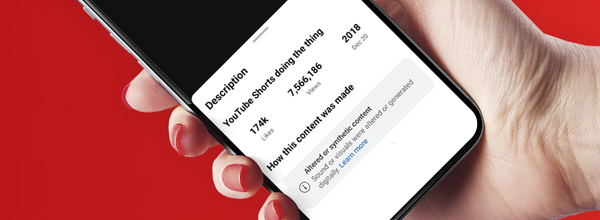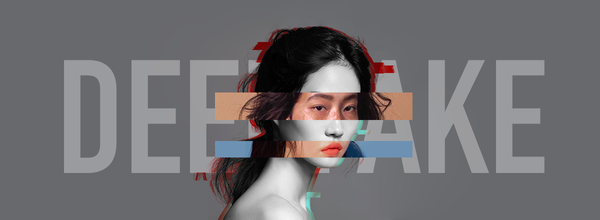
Deepfake
Total 11 Posts
Deepfake videos or audios are computer-generated ones that have been modified by using artificial intelligence or “deep learning” (a part of machine learning methods) techniques and designed to look real. To create a fake, one applies neural set simulation to massive data sets. Recently, deepfake content has been massively used in fake news, hoaxes, financial fraud, and celebrity porn videos.
YouTube to Label AI-Generated Content and Address Deepfakes
YouTube will introduce clearer labels for content created using AI, with a banner in the video's description indicating that it is "altered or synthetic." The company acknowledges that it may remove AI-created videos containing disturbing or harmful content.
NVIDIA's Broadcast Tool Can Simulate Eye Contact Using AI
The company has added the new Eye Contact feature to its NVIDIA Broadcast 1.4 app. It uses artificial intelligence to simulate eye contact with the camera even if the user is looking in another direction.
Handy Tips: How to Make Your Own Deepfake Video
In this article, we have gathered three of the most convenient apps for creating deepfakes. Download them and get started immediately. And try not to start World War III along the way.
Italian Authorities Launched an Investigation Into Telegram Deepfake Bots
The Italian Data Protection Authority has launched an investigation into Telegram due to the widespread use of bots that generates fake nude images. Only until July 2020, more than 100,000 deepfakes were discovered.
Weekly Fun: An App That Creates Deepfakes, a Pastor Yelling at Coronavirus, and Freeriding Without Leaving the Room
This week’s stories feature an answer to humanity’s most difficult question, an Arizona band with five Neds Flanders, and a woman who accidentally turned into a potato at a Zoom meeting.
Facebook Will Pay Reuters to Fact-Check Deepfakes
Thomson Reuters and Facebook will finance the new direction — the Fact-Checking Network. The new department will electively analyze publications based on the general principles of modern journalism.
Twitter Will Start Removing and Labeling Synthetic and Manipulated Media That Pose Safety Risks
The new policy comes after Twitter announced a plan to ask its users about how they think the platform should address misleading media.







